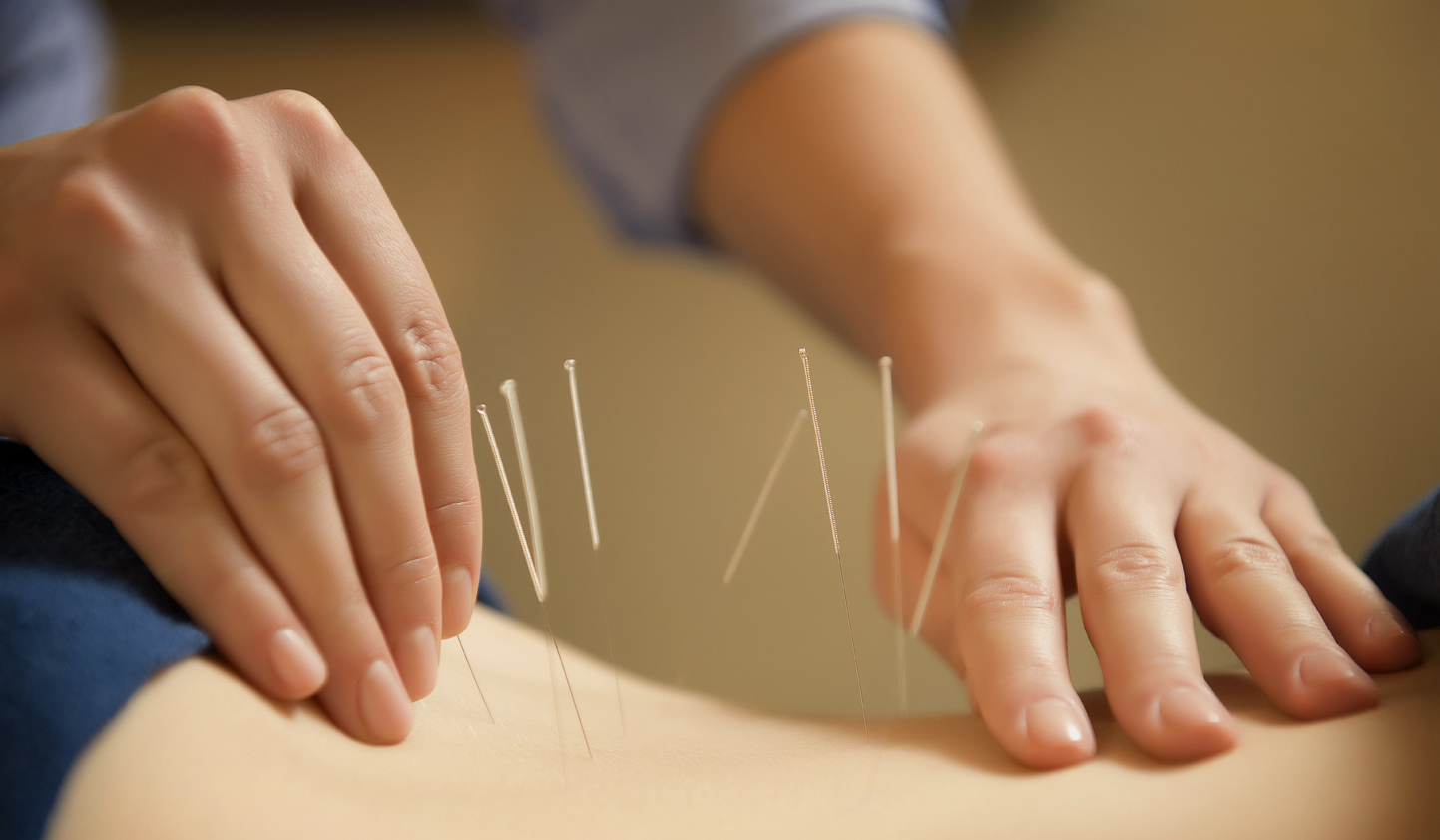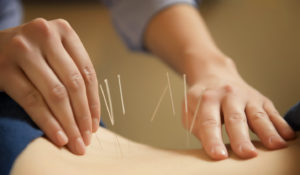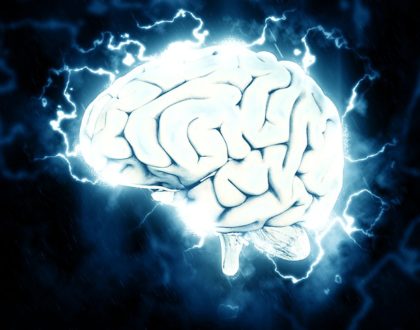Acupuncture and the Pelvic Floor


Can acupuncture help with bladder control?
Over 500 women with stress urinary incontinence (meaning leakage brought on by exercise, sneezing, or laughing) participated in this study, which spanned 12 different hospitals in China. Each participant received 18 sessions over six weeks, half receiving electroacupuncture sessions and the other half receiving sham (placebo) treatments on the lumbosacral region, also known as the lower back. Electroacupuncture is very similar to traditional acupuncture; the needles are inserted into the same places, but with electroacupuncture they’re attached to a device that sends out an electric pulse set at a specific frequency and intensity. The theory is that this will stimulate the area more intensely than just the needle itself.
Leakage was measured using a one-hour pad test, and the results showed that women in the electroacupuncture group had significantly less urinary leakage after six weeks than the placebo group. The exact decrease being 9.9 grams in the electroacupuncture group compared to 2.6 grams in the placebo group, which is a pretty significant difference when we’re talking about such a delicate issue.
What does this mean for my pelvic floor health?
Urinary incontinence has everything to do with the pelvic floor, an important group of muscles that surround the bladder, uterus, and bowel. Dr. Anna Cabeca—gynecologist, obstetrician, and mbg women’s health expert—describes them as “a beautiful diamond-shaped group of muscles that act as a sling to support our internal organs, keeping everything separate and working together.” These muscles naturally weaken as we age, leading to leakage and prolapse, which can majorly interfere with our sex life, self-esteem, and overall quality of life.
According to Dr. Cabeca, this study is a good illustration of how complex pelvic floor problems can be, saying that “In my private practice I recommended acupuncture for pelvic pain, infertility, and sexual health with good results in combination with healthy lifestyle and physical movement as well as nutritional detoxification.” In other words, this study does suggest acupuncture as a potential treatment for urinary incontinence due to a weak pelvic floor, but the best route is always to address the underlying problem in a holistic manner—or try to prevent the problem in the first place. How do we do this? First, you must master the art of the Kegel exercise. Then, focus on optimizing your overall health by addressing digestive problems, maintaining a healthy weight, and trying not to sit all day long.
Recommended Posts

Alzheimer’s disease prevention. Clues from taxi drivers??
January 2, 2025

Lowering Risk of Cancer
December 21, 2024

